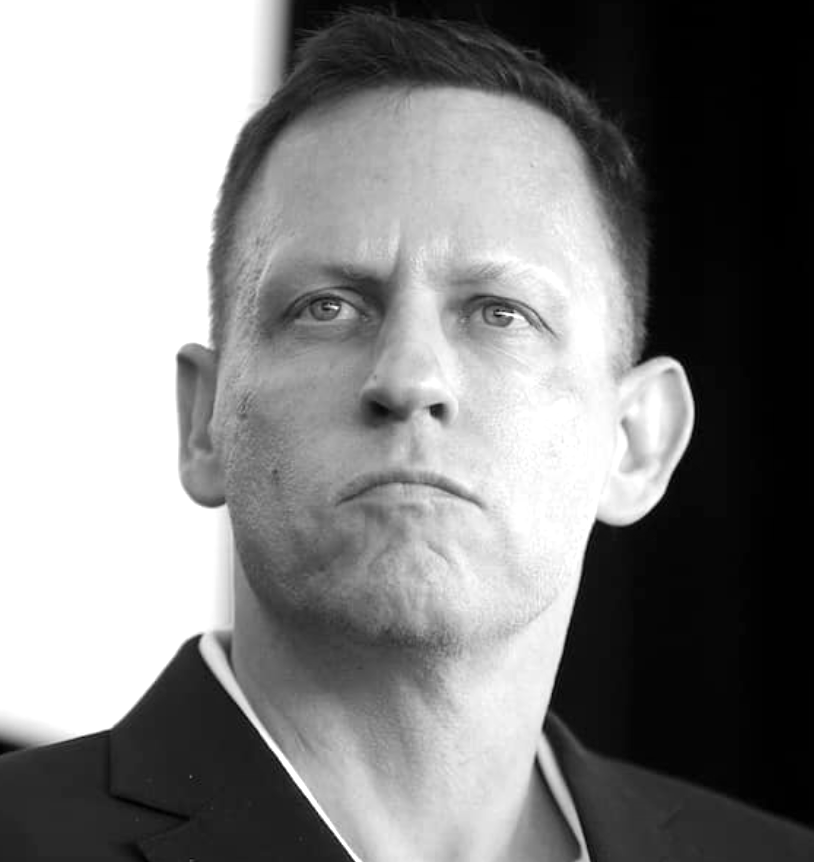Content:

What’s Up With Peter Thiel’s Obsession With the Antichrist?
The New Republic
09/16/2025
In yet another troubling sign of these times, Peter Thiel can’t stop talking up the Antichrist. This month, the tech billionaire is delivering a four-part, closed-door lecture on the topic, which he is framing as “political theology,” in San Francisco. It’s part of what you might call an “Antichrist World Tour” by the PayPal and Palantir co-founder, who has already given off-the-record Antichrist lectures at Oxford, Harvard, and Bari Weiss’s ersatz college, the University of Austin.
Thiel is not a theologian, scholar, or prophet. So why pay attention to his biblical musings? Because Thiel is one of the world’s most influential men and his Antichrist speeches reveal his deep belief that religion is a weapon for political warfare—and he’s right.
Thiel claims the Antichrist will be someone focused on existential threats and apocalypse, and who will usher in a totalitarian world government under the slogan of “peace and safety.” But Thiel’s Antichrist checklist—a paranoid obsession with apocalypse, control, and surveillance—describes Thiel himself.
Thiel co-founded Palantir, a software company literally named after an all-seeing orb controlled by an evil wizard in The Lord of the Rings. Palantir is partnering with the Trump administration to supercharge government surveillance at a moment when the president openly embraces authoritarianism. The irony is so striking it almost seems like a confession. As comedian Tim Dillon quipped on Joe Rogan’s podcast recently: “It’s so strange.… You build domestic surveillance technology to surveil our friends and neighbors—and then your other pet passion is the Antichrist.”
These rehashed Satanic panic tactics must be exposed for what they are: a cynical ploy to further inflame political divisions. It also seems like an awkward effort to cement an alliance with religious nationalists in the Republican Party, who also use apocalyptic language to frame their political goals. Journalist Matthew D’Ancona described Thiel’s Antichrist theories as a “highbrow version of MAGA End-Times theology.”
But naming the Antichrist is a dangerous tactic that often leads to crisis and violence.
“The whole concept of the Antichrist … fosters a crisis mentality,” said Fuller, the Antichrist historian. “And with the crisis mentality, now we put aside all other differences. There’s a tribal cohesion, a tribal unity, and it justifies even immoral acts because, to defeat an evil enemy, a Satanic enemy, you must do whatever is necessary.”
Last week, in the hours after Charlie Kirk’s assassination, the words “demon” and “evil” trended on X as some on the right portrayed his murder as the work of supernaturally possessed Democrats and leftists. Major right-wing influencers echoed Carl Schmitt’s ideas, calling for a political crackdown on Kirk’s critics. Chris Rufo, a prominent right-wing propagandist, called on law enforcement to “infiltrate, disrupt, arrest, and incarcerate” the “radical left.”
This is where apocalyptic rhetoric always leads. When political opponents become evil, cosmic enemies, persecution, and violence become a sacred duty. This surge in demon and devil talk showed that Thiel has correctly identified a potent but perilous impulse in our politics.
But if tech billionaires seek to spread Christianity, they should stop hunting Antichrists and reflect on the words of Jesus Christ, who urged his followers to practice empathy and forgiveness and to care for people rather than exploit and surveil them. Instead of worrying about Armageddon, Thiel should heed the Gospels, which warn that “it is easier for a camel to go through the eye of a needle than for a rich man to enter the kingdom of God.”
Now there’s scripture worth dwelling on—and it’s a problem that no AI, no surveillance, no power, no money can fix.